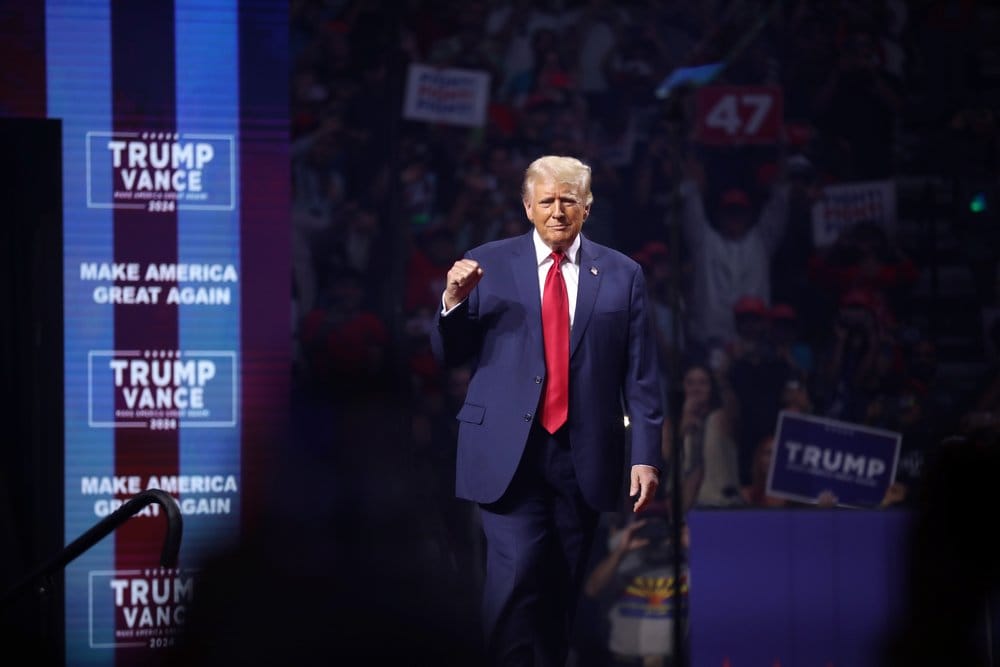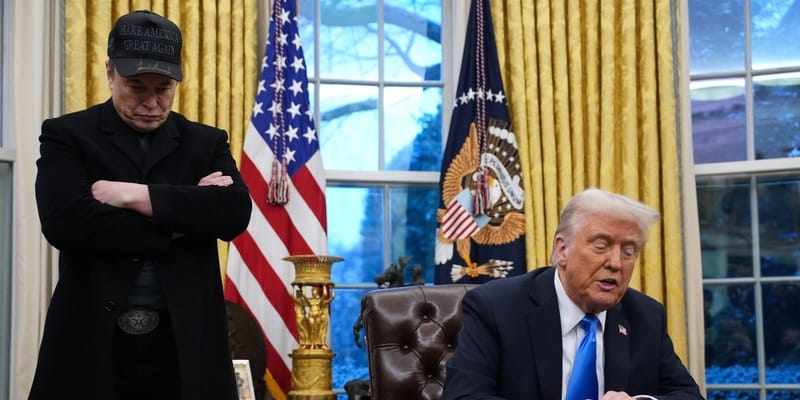Trump Victory Sparks Renewed Calls for Pardons Among January 6 Defendants
Washington, D.C. – November 16, 2024 – The election of Donald Trump as President-elect has ignited a wave of anticipation and legal maneuvering among defendants tied to the January 6, 2021, Capitol riot. With Trump's previous statements promising clemency for those involved, defendants and their supporters are now more
Washington, D.C. – November 16, 2024 – The election of Donald Trump as President-elect has ignited a wave of anticipation and legal maneuvering among defendants tied to the January 6, 2021, Capitol riot. With Trump's previous statements promising clemency for those involved, defendants and their supporters are now more vocal than ever about the expectation of pardons.
The calls for pardons come amidst a backdrop of over 1,500 individuals charged in connection with the riot, where nearly 1,100 have been convicted. The atmosphere has been charged with discussions on platforms like X, where phrases like "IM COMING HOME!!!! THE JANUARY 6 POLITICAL PRISONERS ARE FINALLY COMING HOME!!!!" have been shared, reflecting a hope for immediate executive clemency upon Trump's inauguration.
Legal actions have already reflected this anticipation. For instance, Christopher Carnell, a 21-year-old facing charges from his involvement in the riot, sought a delay in his case, arguing that President-elect Trump's multiple clemency promises during the campaign should be considered. Although this request was denied by Judge Beryl Howell, citing that the court's obligation to proceed remains regardless of potential future pardons, it underscores the impact of Trump's victory on ongoing legal proceedings.
Trump's stance on the matter has been consistent; he has often referred to January 6 defendants as "political prisoners" or "hostages," suggesting he would treat them "fairly" and consider pardons. "If it requires pardons, we will give them pardons because they are being treated so unfairly," Trump stated at a rally. This rhetoric has not only given hope to the defendants but also fueled a debate on justice and the rule of law.
Legal experts and political observers are divided. Some see the potential for pardons as a gross violation of legal norms, potentially undermining the accountability for one of the darkest days in recent U.S. political history. Others argue that Trump's discretion to pardon is within his presidential powers, advocating for a reassessment of how these cases were handled, pointing to perceived political bias in prosecutions.
The anticipation of these pardons might also affect how the Department of Justice approaches the remaining cases. With Trump's inauguration set for January 20, 2025, there's a rush to either secure convictions or potentially see many cases dropped or pardoned, which could lead to a significant reshuffling of priorities within the legal system.
As the nation waits for Trump's first steps in office, the question of how he will address the January 6 defendants remains a focal point, symbolizing a broader struggle between political promises and the principles of justice. Whether these calls for pardons will translate into actual executive actions is yet to be seen, but the topic undeniably stirs a potent mix of hope, controversy, and legal scrutiny.




